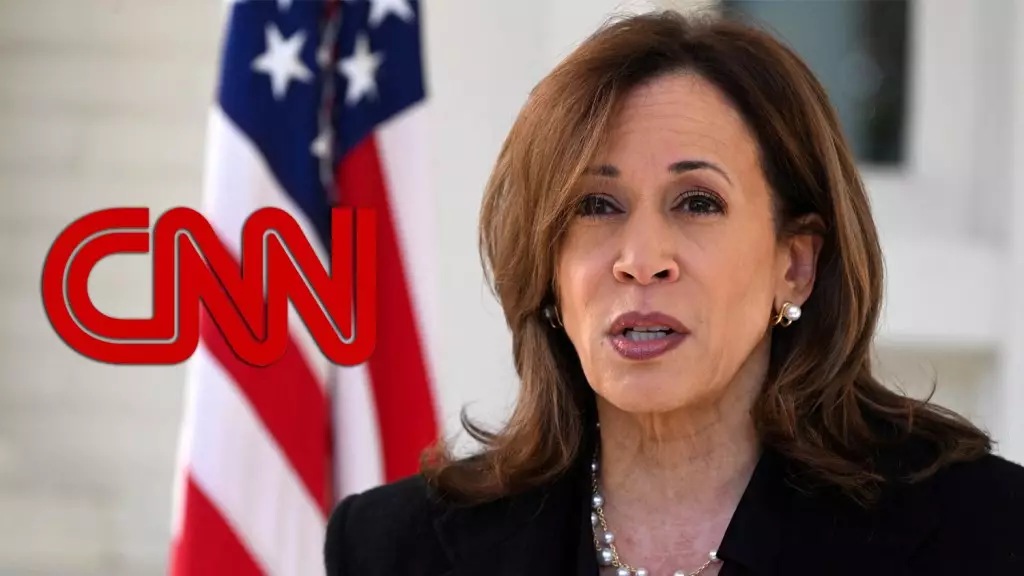In a politically charged environment, Vice President Kamala Harris made headlines during a CNN town hall by responding to General John Kelly’s alarming statements regarding Donald Trump. Kelly, who once served as Trump’s Chief of Staff, characterized Trump as aligning with fascist principles. This assertion is not merely a personal opinion; it resonates with an increasing concern among political commentators and historians who fear the implications of such ideologies in modern governance. By referring to Kelly’s remarks as a “911 call,” Harris seems to rally not only the Democratic base but also undecided voters who may be reflecting on the values and direction of the country as Election Day approaches.
The conversation inevitably evokes historical comparisons, especially given that Kelly disclosed Trump’s admiration for Adolf Hitler and his military strategies. This revelation harkens back to a darker time in history, prompting a serious discussion: Could the resurgence of such rhetoric signify a shift in political alignment within the GOP? Harris’s identification of Trump as a fascist may initially provoke outrage; however, it compels supporters and detractors alike to reevaluate their positions and the historical patterns that may echo in current political narratives.
As the November elections edge closer, the urgency for Harris’s campaign to solidify arguments against Trump intensifies. Scheduled to present a conclusive message near the site of the January 6th insurrection serves as both a strategic nod to the event’s gravity and a reminder of the stakes at play. The political climate becomes increasingly polarized, and it’s essential for the Democratic Party to harness the momentum of public sentiment against authoritarian tendencies within their opponent’s camp.
While Harris takes a firm stance, Trump’s response is equally telling. By opting out of traditional debate formats, he instead chooses smaller venues and energizing rallies. This decision illustrates a significant strategy, appealing directly to his base while minimizing exposure to challenging or countering narratives. At these rallies, speakers like Tucker Carlson employ a paternalistic metaphor, suggesting a need for discipline and moral rectitude, indicating an attempt to create a familial bond between Trump and his supporters. The evocative analogy of a “dad” returning home to scold and discipline adds another layer to the discussion about authority and leadership, framing the political debate in terms of familial dynamics.
The intersection of historical allegories, personal values, and electoral strategy captures the essence of the current political discourse. As voters prepare to make choices that will steer the country’s course, it becomes crucial to dissect the rhetoric and its implications. The upcoming election is not merely a contest of personalities but a referendum on the ideological future of America. In contrast to Trump’s populist appeal, Harris’s approach urges a reassessment of democratic principles, pushing for a return to governance rooted in rationality and accountability. As events unfold, it is clear that each statement and rally has far-reaching consequences, shaping the national consciousness as it navigates these turbulent waters.

Leave a Reply